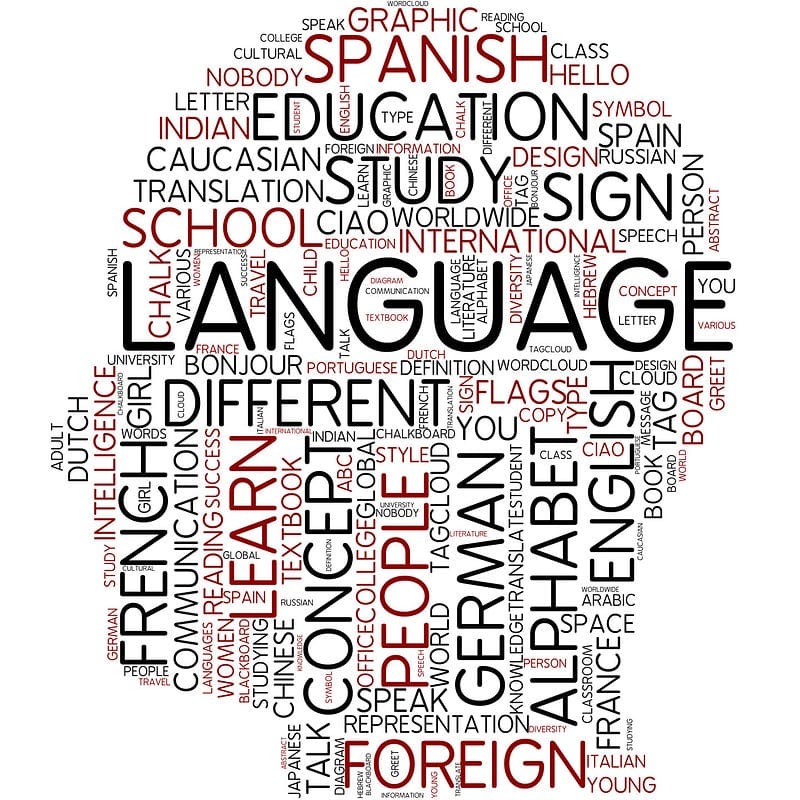My Path of Learning Programming as a Non-Native English Speaker
Coming from a Hispanic country, where other languages like English are not even remotely spoken, can be knowledge hindering in many ways…

Coming from a Hispanic country, where other languages like English are not even remotely spoken, can be knowledge hindering in many ways. In this blog, I’m going to be writing about how lacking in two specific areas as writing or reading, affects our capacity to learn, make sense of concepts and find jobs related to the always changing programming industry.
📚 Reading
Thankfully, English was taught in my school, but having rounded education wasn’t enough, for me (or anyone) to feel comfortable learning new subjects in this beautiful language. In my voyage to learning programming, I encountered a lot of barriers, language was by far the biggest one, and even today, I still struggle deciphering the meaning of a few words in different contexts.
English reading comprehension is always a challenge for me, and on top of that, technical names, terms, expressions, things I’ve never seen in my life start developing into new concepts, like algorithms, or new methods that solve the same problems. Language really changes the approach to these and presents a rewiring of our current mental pathways. Hence at first, it is very hard to assimilate a new notion due to your brain doubling its efforts, trying to comprehend, not only the new abstraction but the context in which this, is being provided. And trust me, it happens that one word, smudges the whole meaning of the sentence.
My drive to learn how to program, helped me improve my English incredibly, this was due to me being stubborn with learning the subject and being cosmically oppressed by the fact that I couldn’t find any helpful documentation or any resource in my mother-tongue, regarding not only the most basic things in computer science but the newest tech coming out year after year. The internet, API’s, programming languages, keywords, abbreviations, variable names, style guide, everything is in English, even some members of the Hispanic tech community will answer related questions in English. This frustrated me very much but at the same time, forced me to focus on those two important dialects, both which will no go away soon.
✏️ Writing
I’m grateful, yet again, of being forced to write in English, even though it wasn’t enforced when I was at school, nor even required but at the most basic level, I still find the use of putting myself through the hardships of attempting at this important skill, and when we talk about programming itself, it can get tricky swiftly.
Despite computer science logic being language agnostic, I learned that it has its own idioms and jargon, which come from the English language, writing idiomatic code, comments, strings, identifiers, even errors, are in a way the most efficient form of communication between your colleagues in most tech companies. Not only that but, your employer, your users, they don’t really want to see typos in your software, or your resume for the former, as it makes it look unprofessional. One of the hardest parts of learning programming comes from this specific obstacle, sometimes my code wouldn’t run because I forgot how to spell a method, so time adds up, and in the end, I just got tired of making so many spelling mistakes, which of course, weren’t even related to the code. And what about documentation itself, sometimes you are the one in charge of making a new library or an API and you don’t want to be deploying it without even telling the world how to use it. Practicing writing in English is an important skill that most of us don’t do enough, we learn as much as reading and reinforces the already captured knowledge.
Conclusion
We will always be able to abstract concepts in other languages to our own, which help us understand the main ideas, and it is not different in the computer science field as logic and maths reign over its foundations. However when it comes to the real world, English is the de-facto lingua in this area, from research to production.
In my personal opinion, being proficient in English is an understated and overlooked prerequisite for the current tech job market, and my recommendation would be, just learn it, there’s nothing to lose from learning new things and much less from such an important skill.